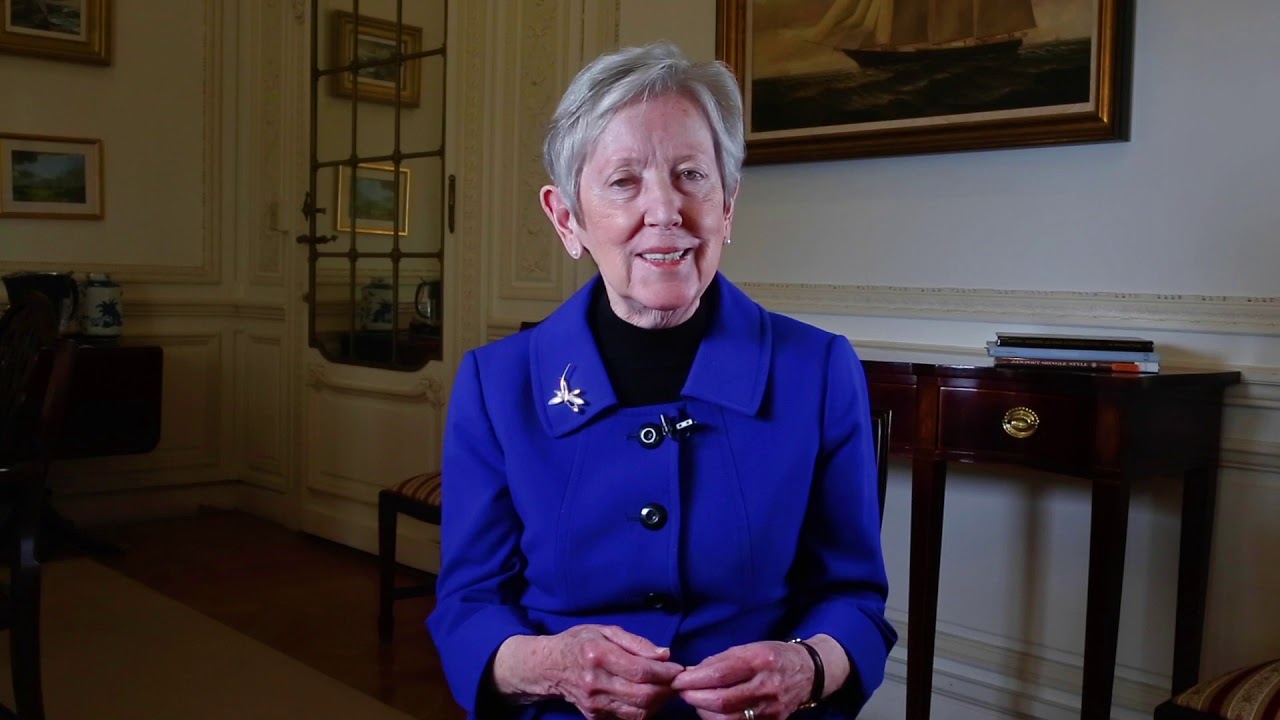Introduction to the Religious Landscape of Rhode Island
Rhode Island, a state located in the New England region of the United States, has a rich and diverse religious history. From its early settlements in the 17th century, Rhode Island stood out as a unique haven for religious freedom and tolerance. This article aims to explore the various religious traditions that have been observed in Rhode Island over the years, highlighting the significant role that religion has played in shaping the state’s identity.
The Founding Principles of Religious Freedom in Rhode Island
Rhode Island was founded on the principles of religious freedom and separation of church and state. In 1636, Roger Williams, a prominent religious and political thinker, established the settlement of Providence. Williams advocated for the complete liberty of conscience, welcoming individuals of all religious beliefs to his new colony. This foundation of religious freedom set Rhode Island apart from the surrounding Puritan colonies and attracted a diverse range of settlers.
Early Religious Diversity in Rhode Island
During the early years of Rhode Island’s settlement, a remarkable degree of religious diversity emerged. People from various religious backgrounds, including Puritans, Separatists, and Quakers, sought refuge in Rhode Island to escape religious persecution elsewhere. This religious melting pot allowed for open dialogue and the exchange of ideas, fostering a climate of tolerance and acceptance.
Puritan Influence in Early Rhode Island
Although Rhode Island was founded as a haven for religious freedom, the influence of Puritanism from neighboring Massachusetts cannot be overlooked. While Puritanism was not the dominant religion in Rhode Island, its impact was still felt through the migration of some Puritans to the state. However, the principles of religious freedom ensured that the Puritan influence did not dominate the religious landscape of Rhode Island.
The Rise of Baptist Churches in Rhode Island
Rhode Island became a significant center for Baptist churches in the 18th and 19th centuries. The Baptist tradition, with its emphasis on individual religious freedom and liberty, found fertile ground in Rhode Island. The First Baptist Church in America, founded in Providence in 1638, became a symbol of the state’s commitment to religious tolerance and the importance of individual conscience.
Quaker Presence and Impact on Rhode Island’s Religion
The Quakers, or the Society of Friends, played a crucial role in shaping Rhode Island’s religious landscape. Quaker teachings of equality, simplicity, and nonviolence resonated with many Rhode Islanders. In the 17th and 18th centuries, Quaker meetings were established throughout the state, and the Quaker community made significant contributions to the social and political fabric of Rhode Island.
The Emergence of Judaism in Rhode Island
Rhode Island has a long-standing Jewish community that dates back to the 17th century. The first Jewish settlers arrived in Newport in the 1650s, seeking refuge and religious freedom. The Touro Synagogue, built in 1763, stands as a testament to Rhode Island’s commitment to religious tolerance. This synagogue is the oldest surviving synagogue building in the United States and serves as a reminder of the state’s diverse religious heritage.
Catholicism in Rhode Island: A Growing Community
The Catholic Church started making its presence felt in Rhode Island in the 19th century, with a significant influx of Irish immigrants. The establishment of the Diocese of Providence in 1872 marked an important milestone for Catholicism in Rhode Island. Today, the Catholic community remains vibrant and continues to be an integral part of the religious landscape, with numerous churches, schools, and charitable organizations.
The Role of Anglicanism in Rhode Island’s History
Anglicanism, or the Church of England, also had a significant presence in early Rhode Island. Many settlers from England brought their Anglican faith with them to the colony. However, as religious freedom became a defining principle of Rhode Island, Anglicanism gradually evolved and adapted to the more inclusive religious climate. Today, the Episcopal Church carries on the Anglican tradition in Rhode Island.
Methodist and Congregationalist Churches in Rhode Island
Methodism and Congregationalism were two other prominent denominations in Rhode Island. Methodist churches began to flourish in the 18th century, attracting followers through their energetic worship style and emphasis on personal spirituality. Congregationalism, rooted in the Puritan tradition, also had a strong presence in the state. Both denominations contributed to the religious diversity and spiritual vibrancy of Rhode Island.
Other Religious Minorities in Rhode Island
In addition to the major religious traditions, Rhode Island has also been home to various religious minorities. The state has seen the establishment of communities practicing Hinduism, Buddhism, Islam, and Sikhism, among others. These religious groups have enriched the cultural and religious tapestry of Rhode Island, providing opportunities for interfaith dialogue and collaboration.
Contemporary Religious Diversity in Rhode Island
Rhode Island continues to be a place of religious diversity in modern times. The state is home to a wide array of religious communities, including Christian denominations, Judaism, Islam, Hinduism, Buddhism, and more. This diversity is celebrated and protected by the state’s commitment to religious freedom, ensuring that Rhode Island remains a welcoming place for people of all faiths to practice and live harmoniously.




